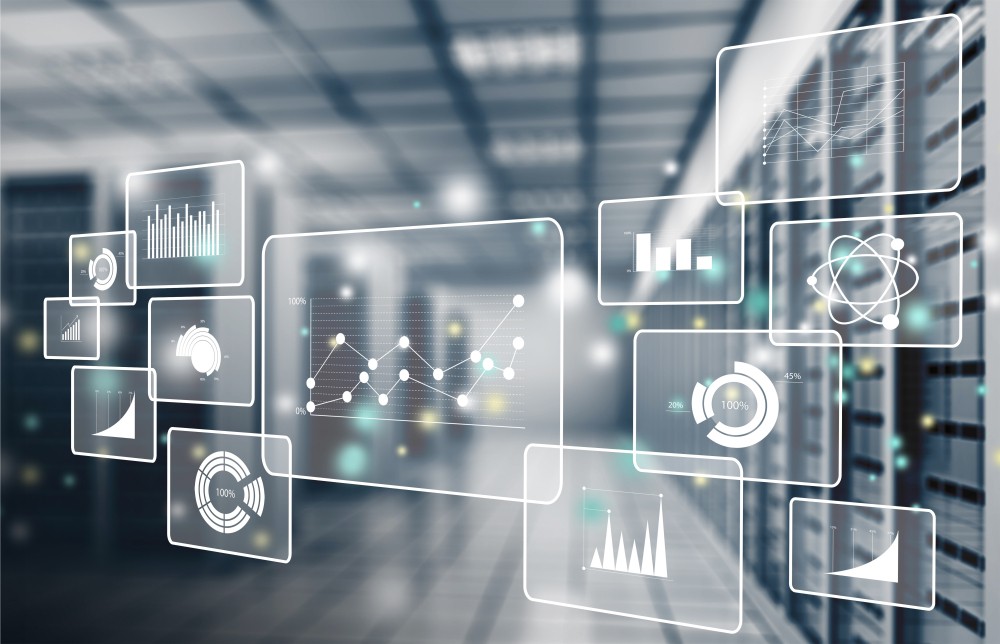Tableau has introduced Business Science, a new class of AI-powered analytics that lowers the barrier to data science techniques, enabling business users and analysts to make smarter decisions faster. In a market where agility is the ultimate competitive advantage, Business Science empowers more people with data, with simplified model creation, predictions, what-if scenarios, forecasting and other analytical methods – all using clicks, not code.
Tableau will deliver Einstein Discovery in its 2021.1 update later this month, the first major release enabling Business Science. Integrating Einstein Discovery’s trusted, real-time predictions and recommendations into Tableau will help people go beyond understanding what happened and why it happened, to explore likely business outcomes and inform proactive action. For more than five years, Einstein Discovery has helped Salesforce customers surface insights and understand patterns across millions of rows of data in minutes, without requiring sophisticated data models.
“Today, data science is out of reach for most business users. Business analysts have relied on data scientists to extract powerful, precise insights using sophisticated models. But getting to those insights can be complex, expensive and time consuming,” said Chandana Gopal, research director, future of intelligence, IDC. “While data science can unlock powerful insights, there is sometimes a trade-off between precision and time-to insight. Business Science recognises that trade-off and seeks to make data science accessible and actionable for more people.”
Business Science will elevate the work of both data scientists and advanced analysts.
“Data science has always been able to solve big problems but too often that power is limited to a few select people within an organization,” said Francois Ajenstat, chief product officer, Tableau. “To build truly data driven organizations, we need to unlock the power of data for as many people as possible. Democratizing data science will help more people make smarter decisions faster.”
Customers can use Business Science to improve supply chain efficiency, predict likelihood of purchase or maximize delivery of goods or services, for example. Data science could help with vaccine research and development, while Business Science could help with distribution and get shots in people’s arms.
“Machine Learning platforms like Einstein Discovery are the next frontier in democratizing data science,” said Siddharth Dayama, senior manager of data analytics, Verizon. “Einstein Discovery integrated into Tableau brings predictive capabilities to the existing inventory of dashboards companies already have, and when that’s combined with auto-generated machine learning models, businesses can explore patterns, trends and correlations in their historical data without writing a single line of code. Layering ML/AI capabilities on existing BI infrastructure opens up a world of possibilities in day-to-day business problem solving.”
Additional capabilities available in 2021.1 include:
· New Microsoft Azure Connectivity Improvements allow people to connect to their data in Azure SQL Database (with Azure Active Directory) and Azure Data Lake Gen 2. Tableau also now supports Azure Active Directory in two existing connectors, Azure Synapse and Azure Databricks.
· A new Extension Gallery helps people easily search for and discover connectors and dashboard extensions within Tableau. From the gallery, customers can easily discover and install connectors and dashboard extensions that add functionality to their dashboards and connectors that enable Tableau to access additional databases and applications, within their Tableau workflow.
· A redesigned notification experience displays a Tableau user’s shares, comments, extracts and prep flows together in one dedicated space. This communicates all important changes across the organization. People can choose where to receive these notifications — directly in Tableau, email or both — ensuring they’re aware of important alerts or updates.
· Quicker, easier Level of Detail (LOD) expressions let people use context menus or drag-and-drop a measure onto a dimension to automatically create a Level of Detail expression with the default aggregation.
· A new Salesforce Customer 360 Audiences Connector natively connects Tableau to Customer 360 Audiences, uncovering insights in detailed customer data. With the new connector, Tableau customers can explore by campaign, channel and multiple customer dimensions to understand the ‘who’ and ‘why’ behind their cross-channel engagement results.




